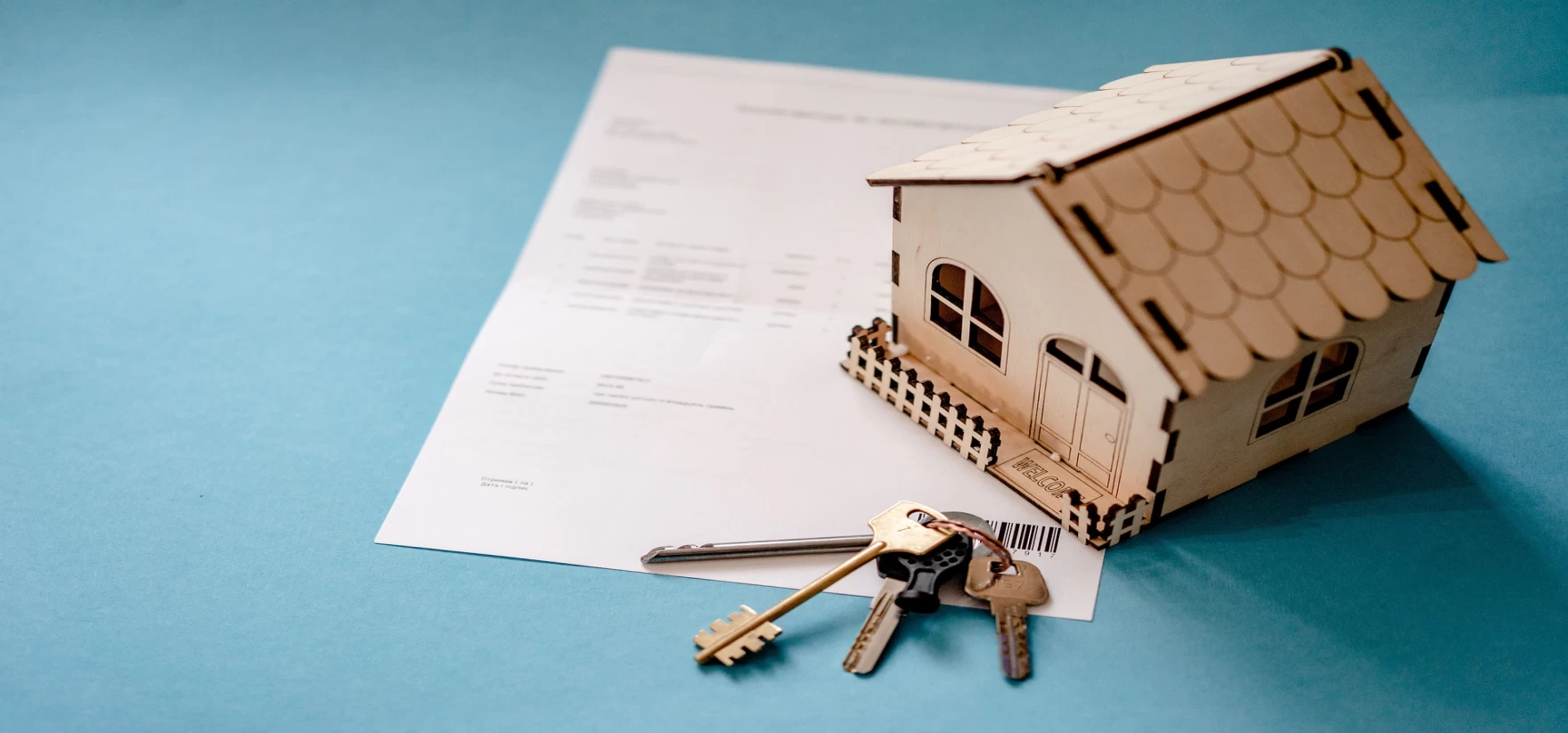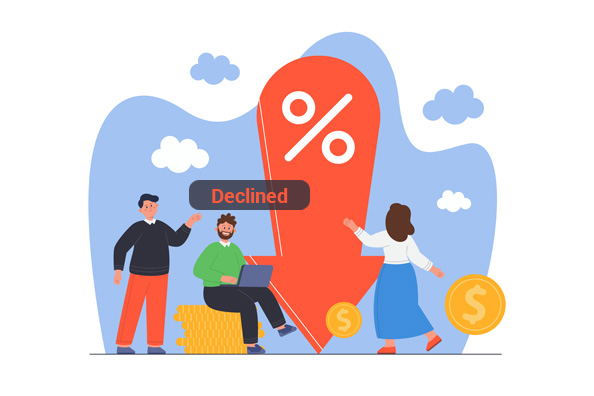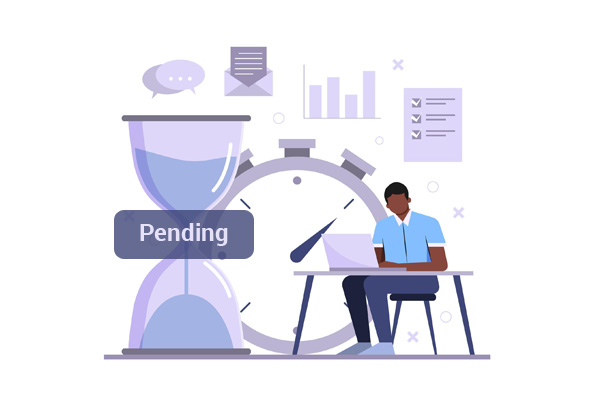
“Essential Considerations when selling a house right after buying it”
Technically speaking, you can sell a recently purchased house without legal restrictions. Whether you are selling a house to relocate to another place or need funds to invest in another property, it is your decision when to sell your property and when to hold it. However, selling a house soon after buying it has some consequences and can impact the profits you desire to gain from the house sale. In this blog post, read the consequences of selling a house immediately after purchase.
Consequences of Selling a House Right After Buying
Consider the following consequences before putting your recently purchased house on the market for sale.
1. Creates a Bad Market Impression
Buyers can have a bad impression of your property when listed for sale soon after buying it. Your house conditions, legal status, and energy efficiency will be suspected and buyers will often inquire about the reasons for selling the property so soon. Houses listed for sale in less than 6 months of ownership are not eligible to get mortgage plans. If a home has not been registered with the Land Registry department for at least six months, the majority of lenders will not authorise a mortgage on it. Therefore, a potential buyer looking for a mortgage may not get the finance approved and this can lead to fewer offers for your property.
2. Consider Tax Implications
Generally, a capital gains tax is to be paid by a seller when selling a house, and the tax is rated between 10 to 18% on the profitable amount only. Homeowners selling a house after holding it for more than two years are eligible to claim tax exemptions. But when you sell a house right after buying it, you are liable to pay capital gains tax without claiming any exemption. You may also pay the tax at a high rate as the assets sold within less than 6 months of ownership fall under short-term capital gains tax.
3. Prepayment Penalties from Mortgage Lenders
If you are planning to sell a house with a mortgage on it, you need to consider the mortgage agreement terms first. Selling your house soon after purchase means ending the mortgage contract before the established term. Lenders can ask for a prepayment penalty to end the contract immediately and the penalty can be up to 2 to 5% of the total mortgage amount.
4. Consider the Buying and Selling Expenses
Before selling a recently purchased house calculate all your buying expenses spent when you bought the property. You probably have paid up to 2 to 5% of the sale price as the closing cost and the stamp duty fees. Evaluate whether your expected house sale amount covers all these expenses and still generates some profits. You should also consider the house-selling costs, such as agent commissions, solicitor fees, and marketing expenses.
5. Loss of Equity
Home equity means the amount that you owe on your mortgage and the value of your home. As you pay your mortgage over time the value of the property rises and your share or equity in the house also rises. So, selling a house after holding it for a few years and paying a significant portion of the mortgage assures more benefits.
To sum up, you can sell a house right after buying it without any constraints or legal issues. However, you may not be able to get a beneficial deal and this can also lead to financial loss as selling a house within less than 6 months of purchase involves various taxes, selling expenses, and other costs. If still committed to selling your house, turn to estateagentpower.com to list your property for sale and attract the best possible buyers across the globe.








